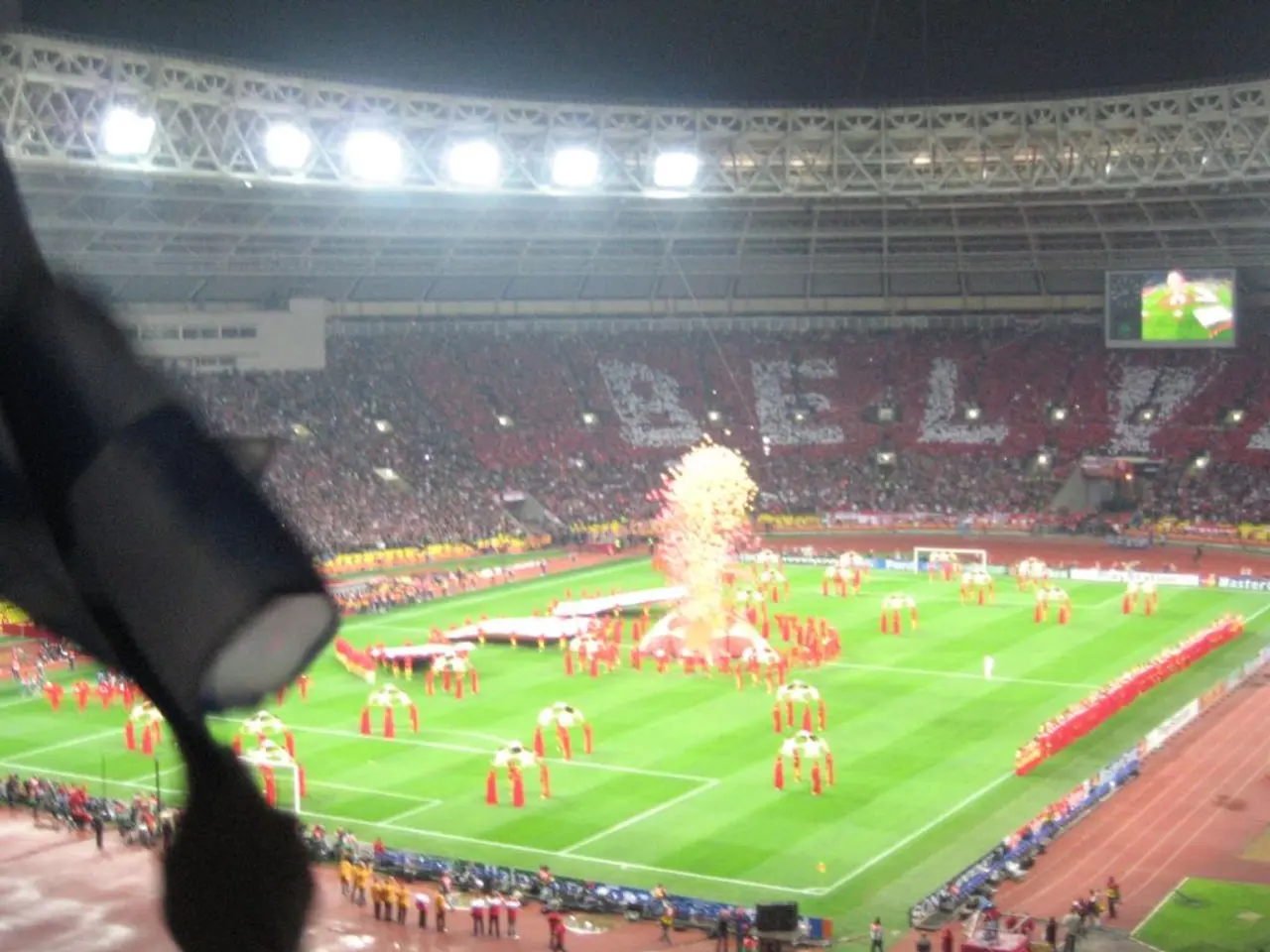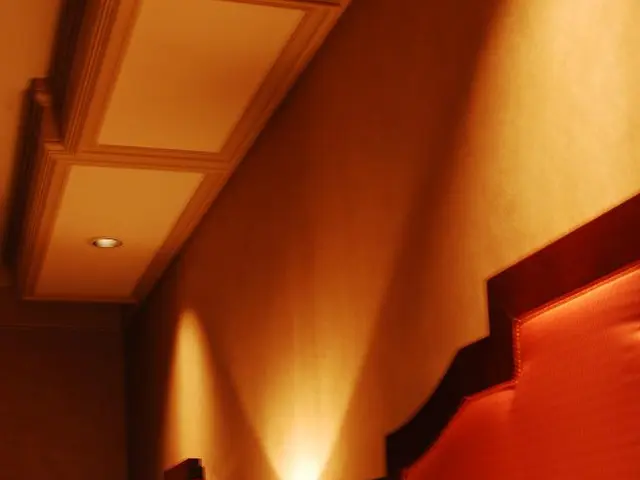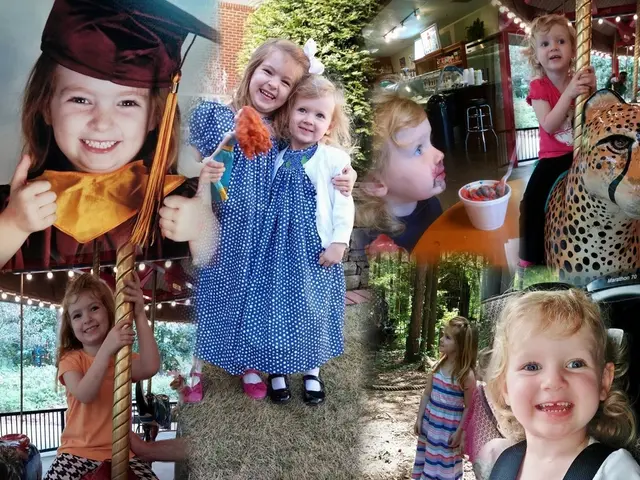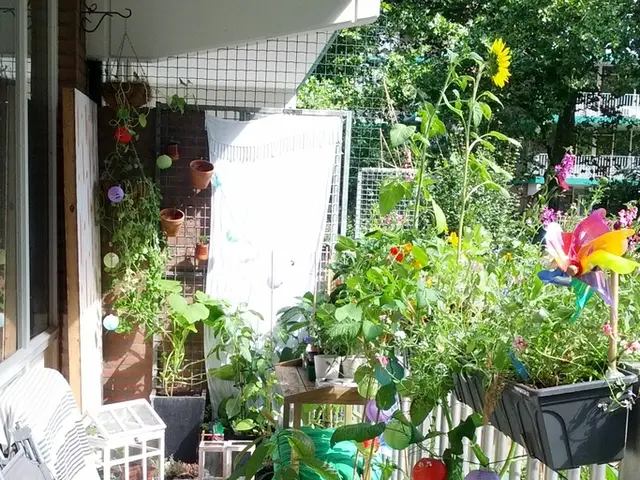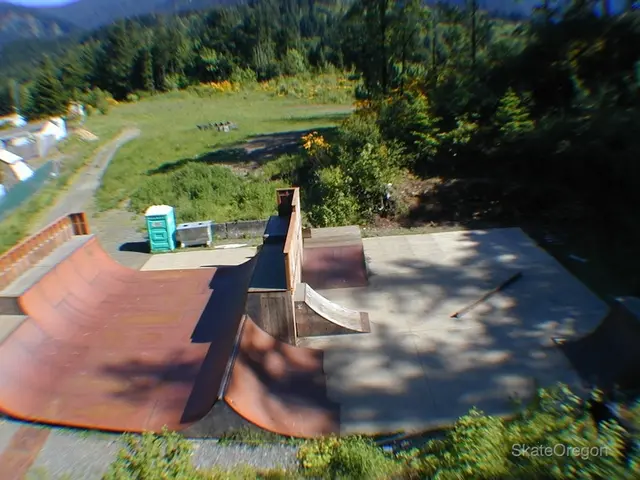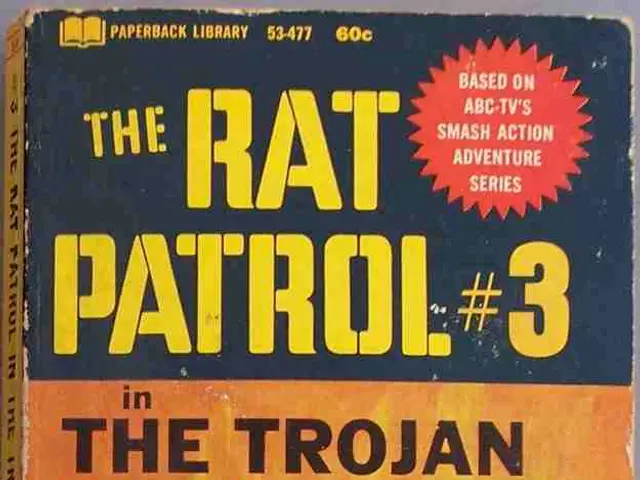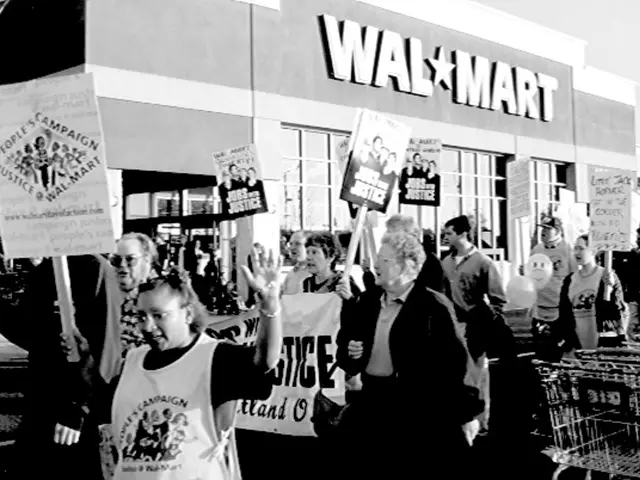Nicole Niederdellmann-Siemes pays a visit to Krefeld
In the vibrant city of Krefeld, Germany, citizens are taking an active role in shaping their community's future through collaborative projects that redesign public spaces, services, and policies. Three notable examples of these citizen co-design initiatives can be found in the Grotenburg Stadium, the "Rhine Side" project, and the development of the city bath.
The Grotenburg Stadium, a well-known landmark, has seen a revitalization effort supported by the Grotenburg Supporters, a volunteer group of around 450 citizens from the fan community of KFC Uerdingen. Their goal was to enable home games at the renovated stadium, and their active involvement has played a significant role in the project's success.
The "Rhine Side" project, a collaboration between the city and the Uerdingen Merchants' Association, has transformed a stretch of the Rhine into a lively meeting point that combines industry, nature conservation, and citizen engagement. This public space is now used for various events such as culinary events, beach volleyball, summer open-air cinema, and urban gardening, making it a hub of activity for the community.
The city bath, a historic Art Nouveau bathing and hygiene institution, was closed in the early 2000s. However, the "Freischwimmer" initiative is working tirelessly to return it to the citizens. The city bath consists of a men's and women's bath and around 100 cabins, and its restoration promises to be a significant contribution to Krefeld's cultural heritage.
Mayor Frank Meyer values civic engagement in the city's projects and emphasizes that the responsibility for the projects always lies with the city. Nicole Niederdellmann-Siemes, who aims to create space for citizens to co-design projects on equal terms, uses these exchanges to prepare for new forms of citizen participation.
The city of Krefeld continues to foster exchange between citizens and administration for the betterment of the city. The Youth Council and Senior Council, working closely with the city administration, are instrumental in this process. Their role is to ensure that diverse perspectives are considered, fostering a more inclusive and representative decision-making process.
In conclusion, the citizen co-design projects in Krefeld are a testament to the power of collaborative decision-making. By engaging citizens in the design process, these projects foster inclusivity, empowerment, transparency, education, sustainability, and longevity. While specific examples from Krefeld are not abundant, their implementation could significantly enhance democratic participation and community satisfaction with public initiatives.
Read also:
- Pharmaceutical workplace safety is bolstered by the implementation of Safety Eyewear Programs.
- Slower Electric Vehicle Adoption in India Compared to US, EU, and China According to NITI Aayog Report
- Top-Tier All-Terrain Vehicles Available in India for Less Than ₹15 Lakhs
- Real-time AI intelligence from iRasus enhances electric vehicle battery safety.
